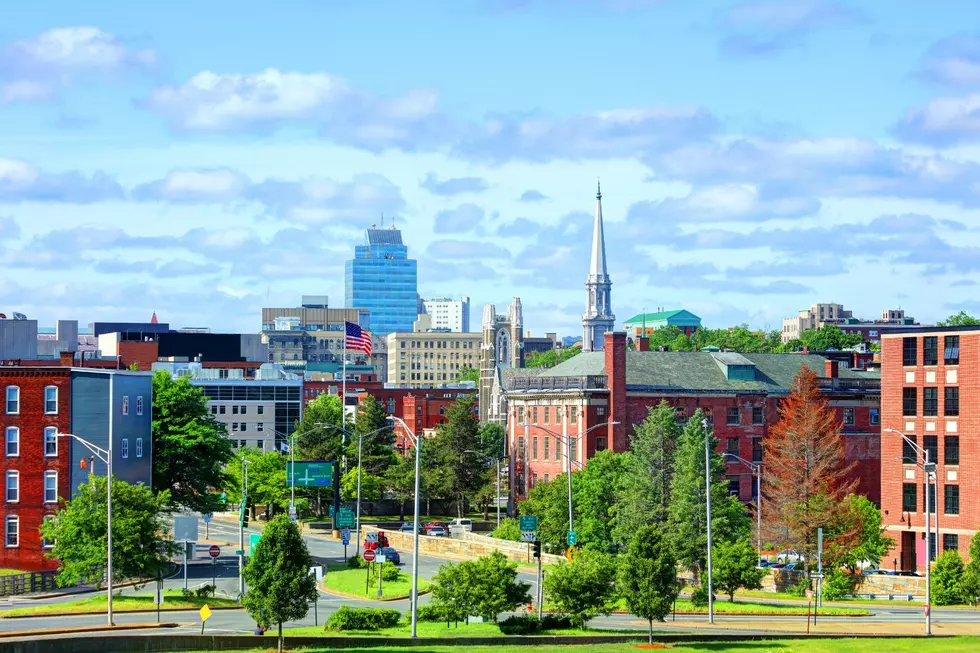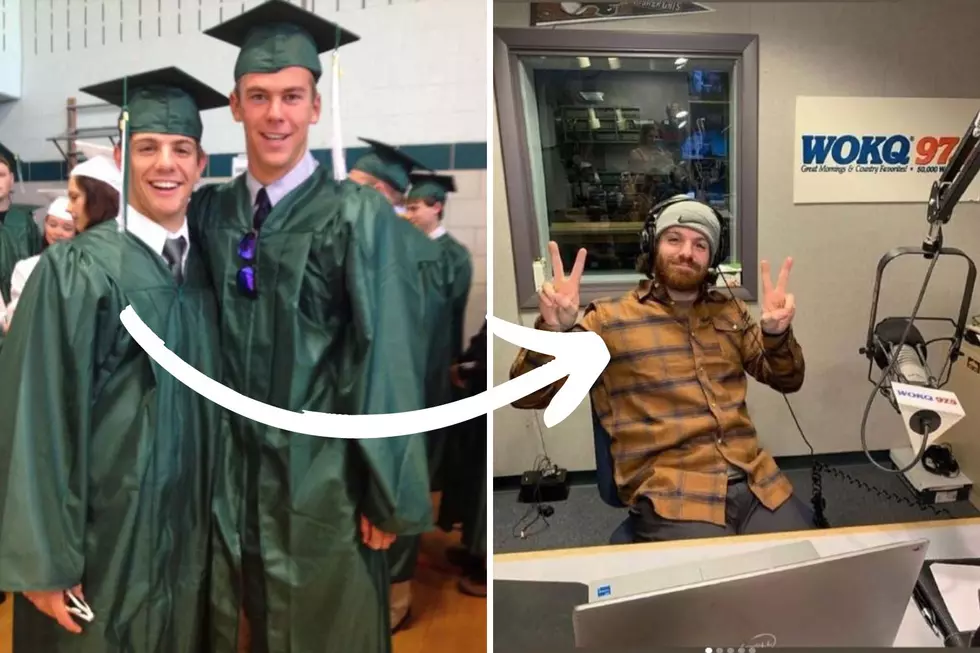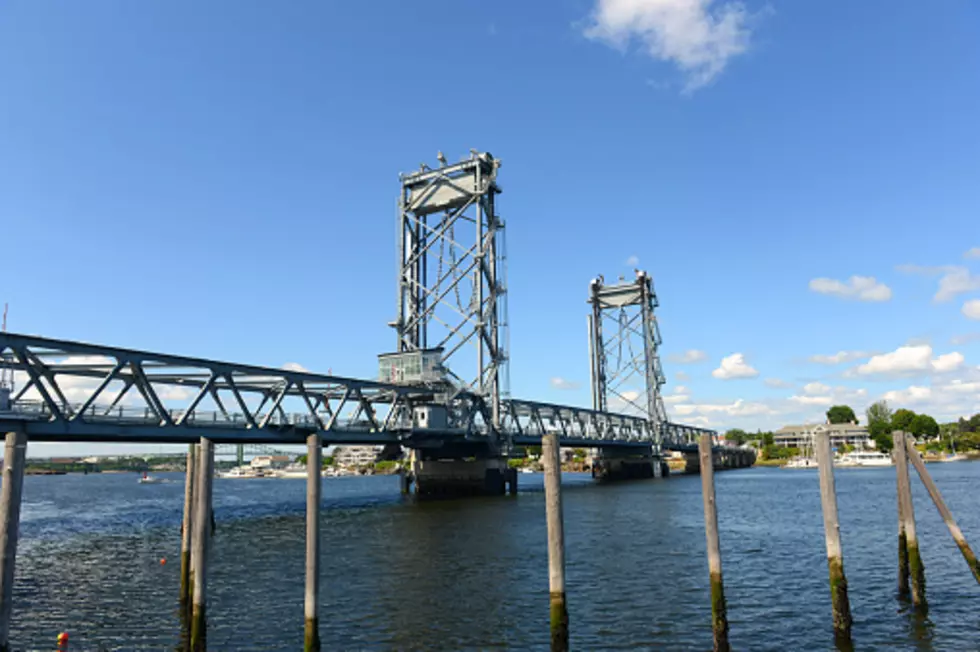
Who Legally Owns the Fence Between Two Houses in Massachusetts?
The saying is "good fences make good neighbors", but is this really true?
In Massachusetts, a fence on a property line can be a good thing or a bad thing, and it all depends on your relationship with your neighbor. If you are the person who borrows a ladder from the guy next door but never returns it, you have problems.
Even if you live in a "good" neighborhood, it doesn't mean you have a good neighbor.
This is all to set up the idea of who owns the fence between houses, and who pays for it if you live in Massachusetts specifically.
Oh, never thought of that? Well, it's a fair question, and one you should know the answer to.
According to FindLaw.com, the Bay State deems a fence belongs to both parties, therefore maintenance falls on both home owners. However, there are exceptions to every rule.
If you are adding a fence, confer with the other landowner. You are allowed to work out an agreement with them, or write into the land deed you will be responsible, as you are closing on the land.
Land boundary fences in Massachusetts are legal if at least four feet tall and made of rails, timber, boards, iron, or stone. The height in the backyard is deemed not to be higher than six feet tall.
Before you build, remove, or add a fence, check your local laws for the legal height limits and appearance of a fence.
If one landowner doesn't want a fence, and the other does, then it can go to mediation, but that means legal bills and no guarantee. This goes for building an "annoyance fence" too, just to be vengeful at your neighbor. In the long run, it could cost you big bucks in litigation.
All in all, just be a good neighbor, have conversations, and if you need to repair or replace the fence, work it out in advance. Legally, you both are responsible.
20 Things That Annoy People From Massachusetts
Gallery Credit: Logan
Top 10 Most Stolen Vehicles in New Hampshire, Maine, and Massachusetts
Gallery Credit: Ginny Rogers
More From 97.5 WOKQ









